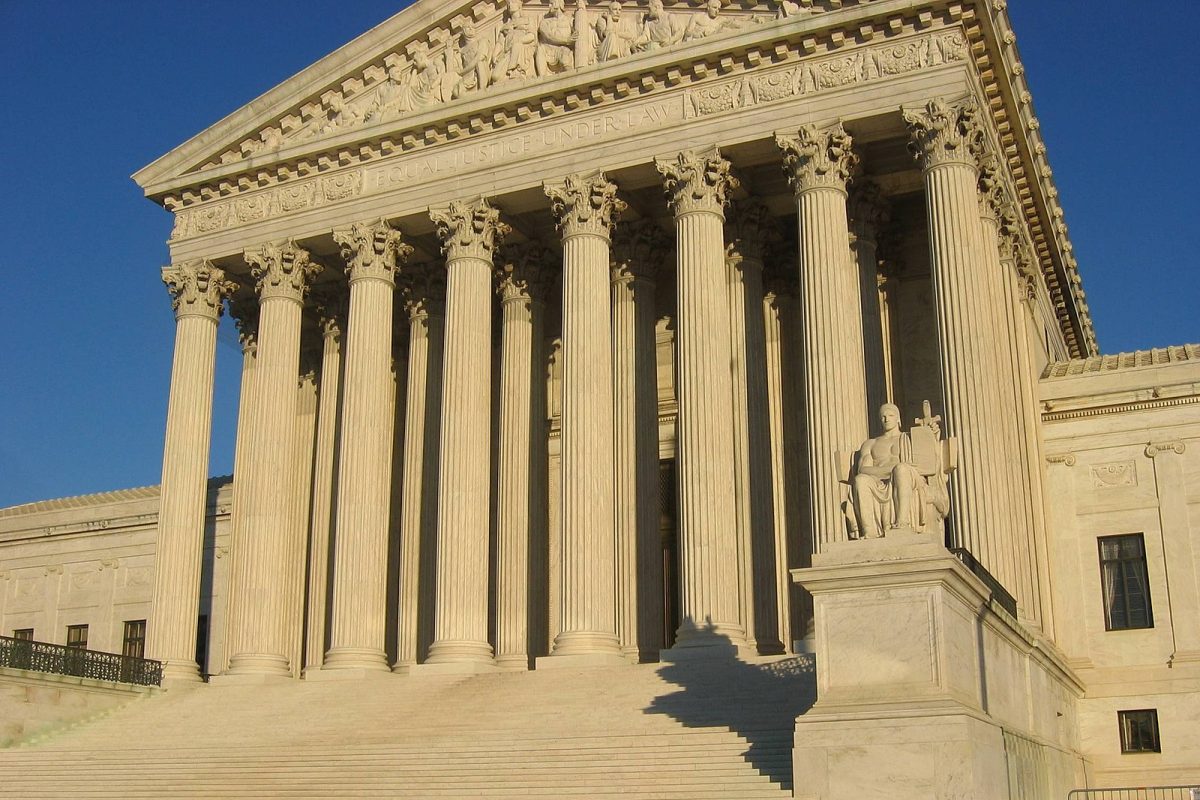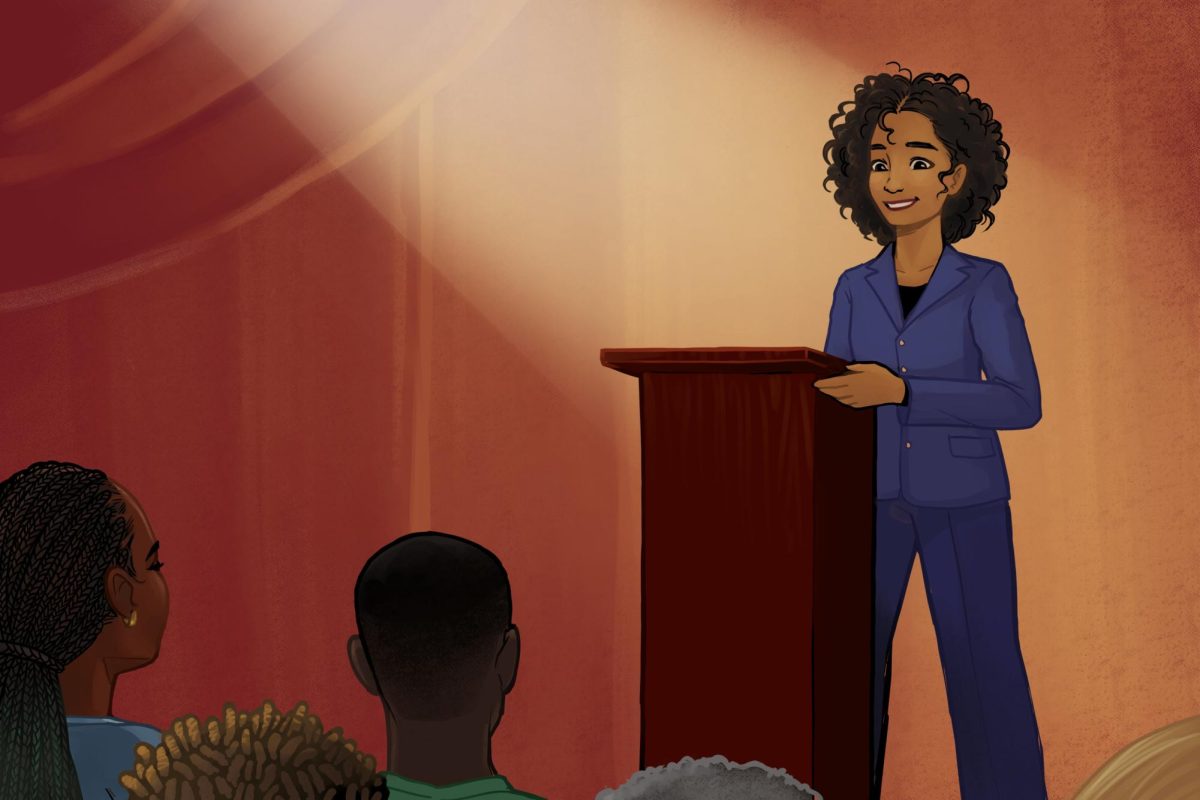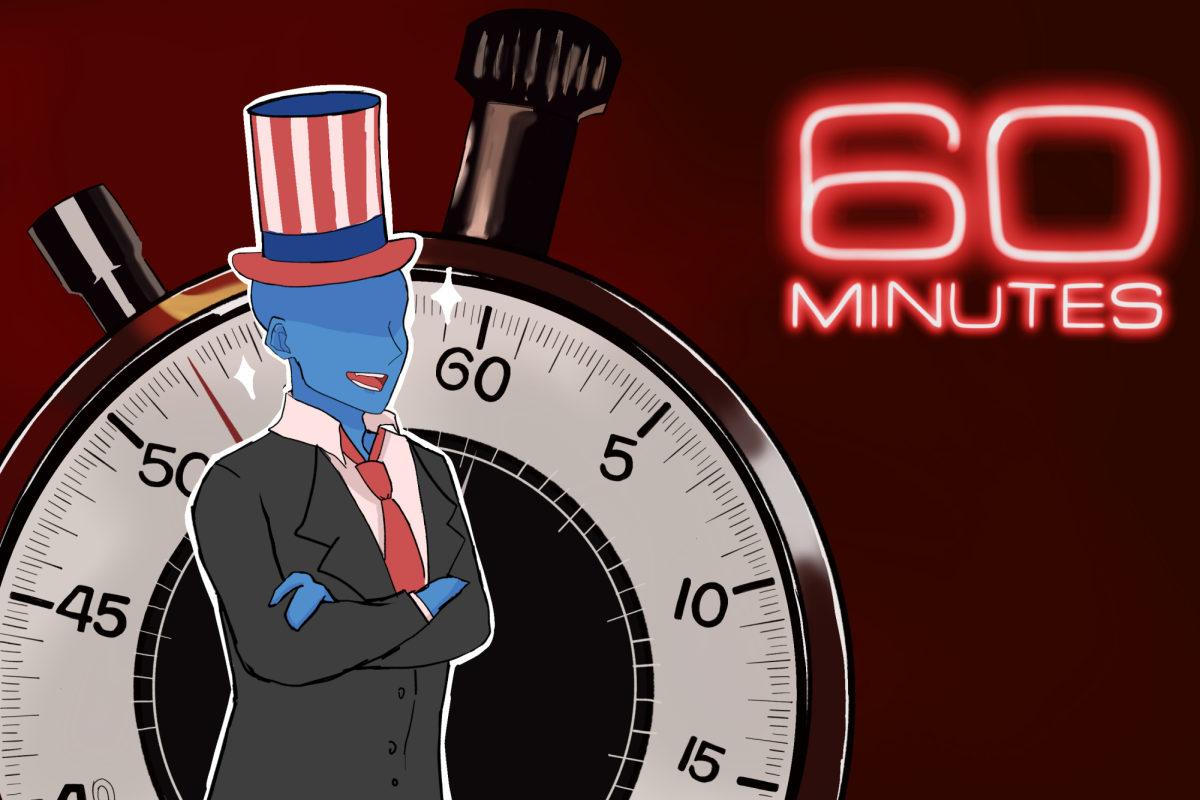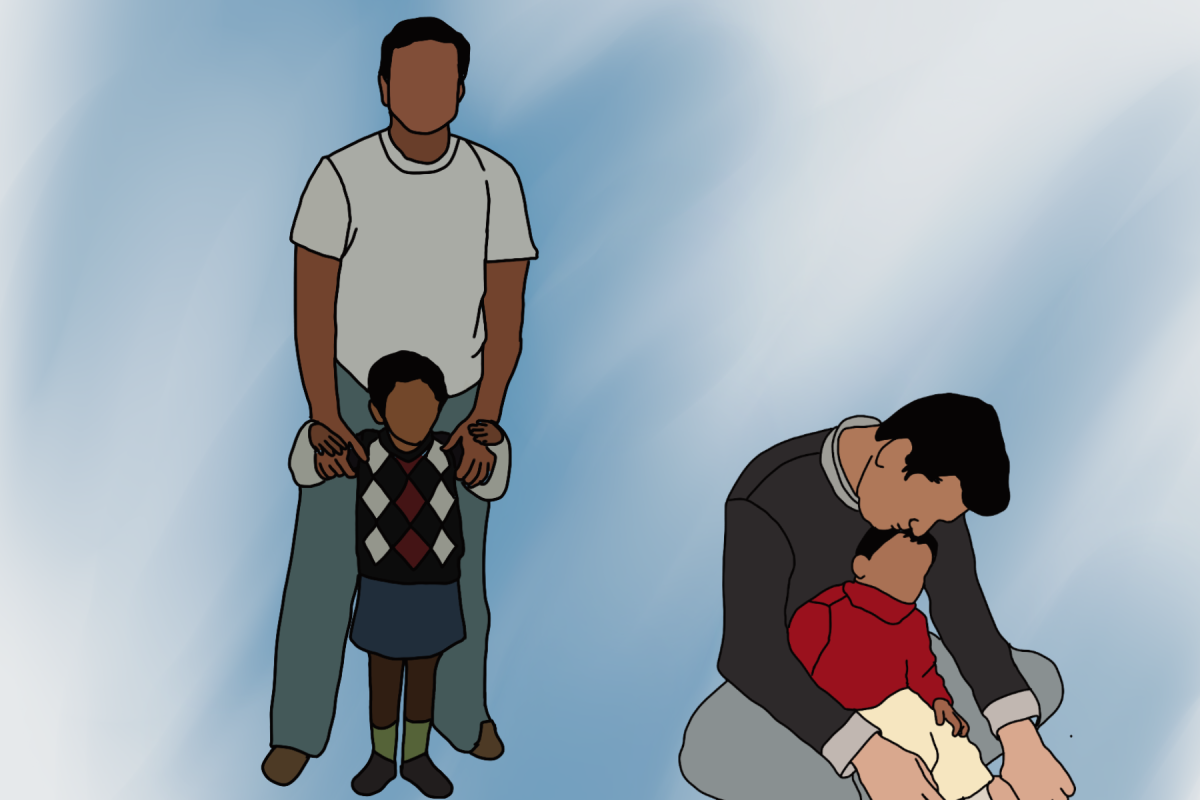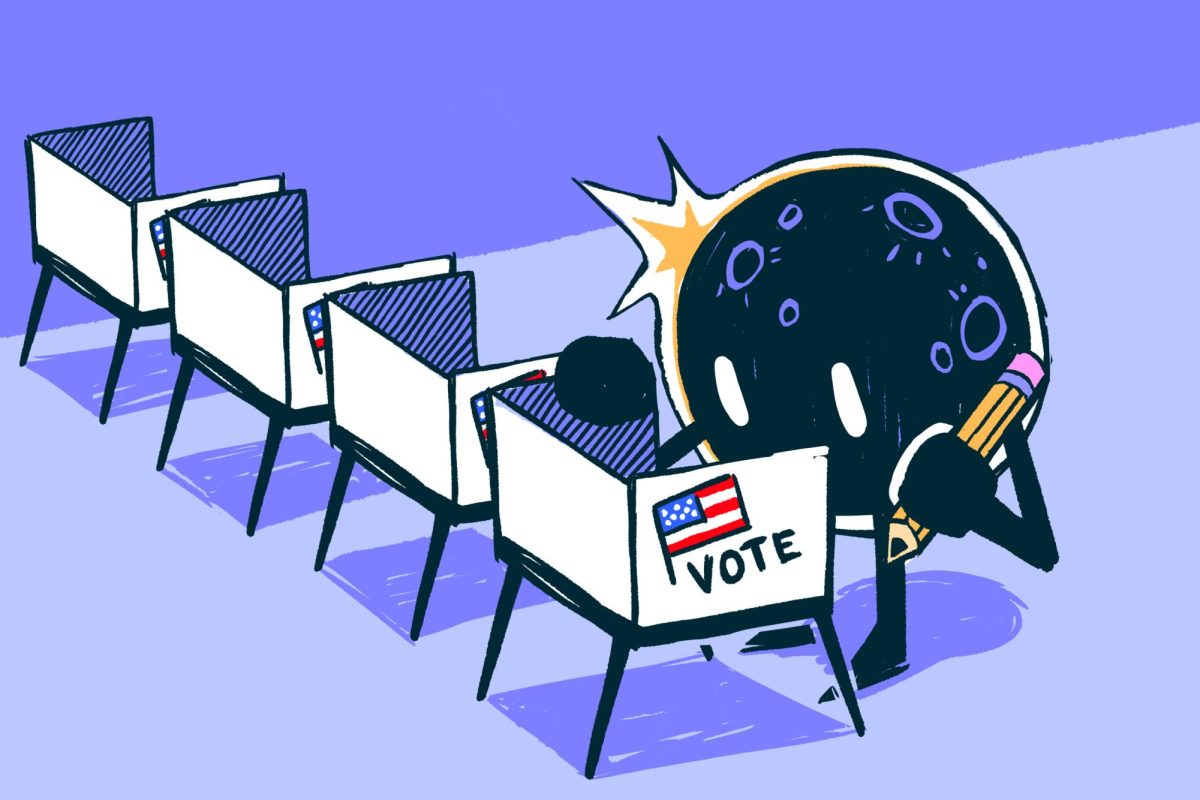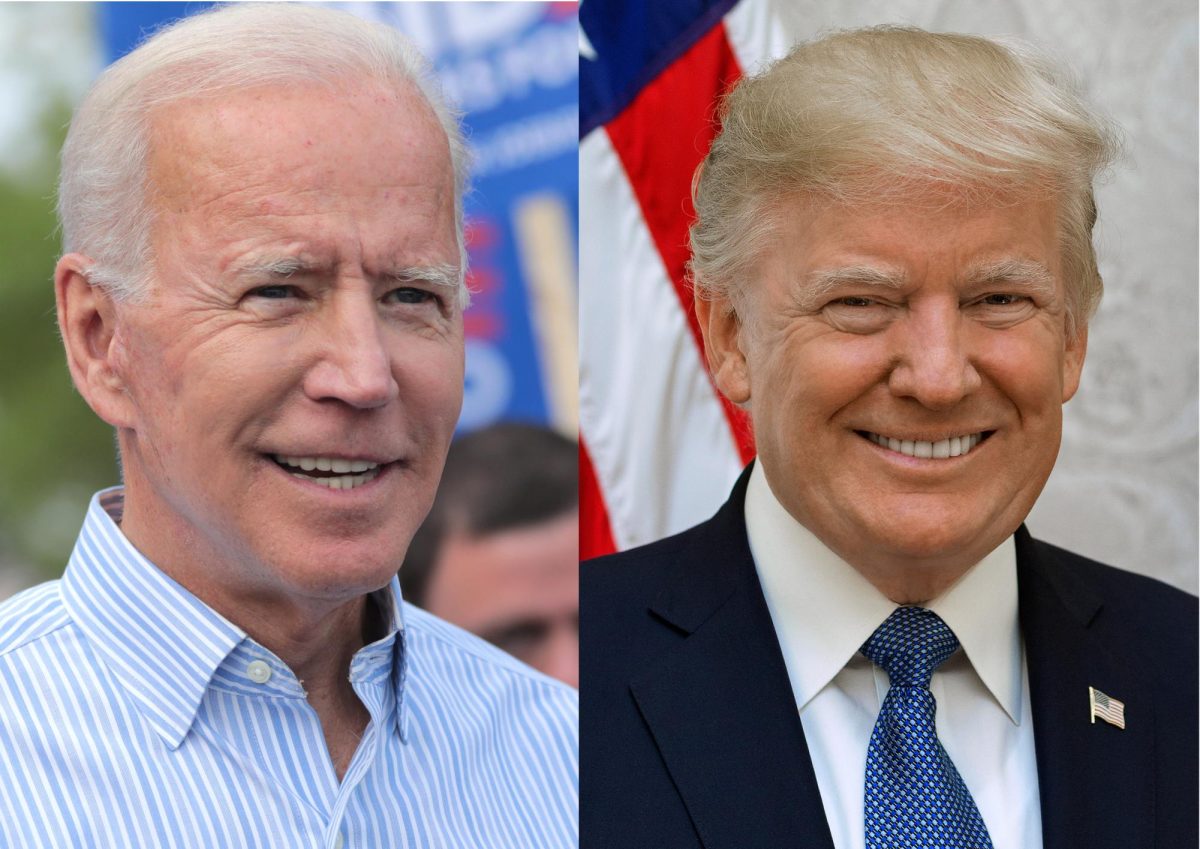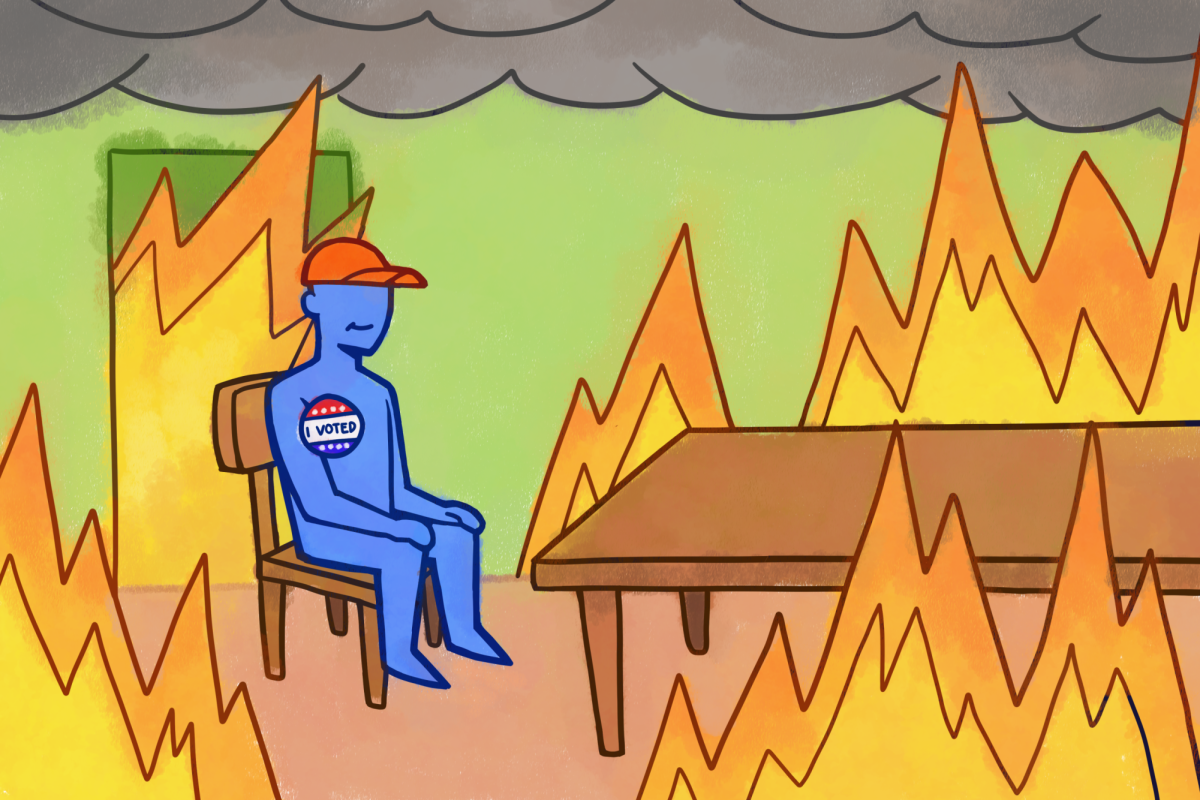Early in the summer of 2023, the Supreme Court struck down affirmative action under the reasoning that it was a violation of the constitution. Clarence Thomas, the Supreme Court justice who himself was admitted into Yale Law School through affirmative action programs, concurred with the ruling. In his concurring opinion, he called affirmative action nothing but “rudderless, race-based preferences.”
Clearly, that is only applicable to affirmative action programs involving anybody but himself.
Affirmative action programs exist to make colleges and universities more diverse, benefiting not only the students admitted under these programs, but other students as well. Studies across the board have proven that diversity in schooling and the workplace benefit the whole in numerous ways.
A very telling study published in the Columbia Law Review finds that diversity policies lead to diverse law review boards that ultimately outperform non-diverse boards. This leads to benefits for the entire board. The study finds the work of the academic journals to be extremely similar to classwork, and thus the results can be applied to other areas of academics.
The benefits of the diversity of people from different backgrounds should not be overlooked and this Supreme Court ruling will make attaining this much harder.
Get The Daily Illini in your inbox!
Furthermore, affirmative action is crucial to attaining valuable diverse and representative student bodies. Affirmative action takes into account one’s race, religion, national origin and background when it comes to admissions. This is extremely necessary because it allows for some level of offsetting the systematic discrimination marginalized groups of people have experienced throughout the history of the United States.
Through racist laws and regulations, marginalized groups of people have experienced extremely limited economic mobility from little to no resources and opportunities to exercise agency. Affirmative action programs were just one small way to change the predetermined outcome for many, and now it is gone.
The worst, yet least surprising part, is that affirmative action essentially persists, just not for marginalized groups. In the words of Rep. Barbara Lee, “Let’s be clear: Affirmative action still exists for white people. It’s called legacy admissions.”
The Supreme Court didn’t touch the concept of legacy admissions, only pushing to end the affirmative action programs that primarily affect people of color. To put it in perspective, 70% of legacy applicants are white, yet this form of affirmative action has been untouched.
While affirmative action may have been struck down, this is not the only way we can ensure diverse student bodies and equality of opportunity. Pipeline programs, supplemental essays, discontinued consideration of standardized tests and more can be done to recruit students from many different backgrounds.
Here at the University of Illinois, the response to this critical decision is to implement more proactive pipeline programs and reach students right from high school. The University is also continuing the use of affirmative action through their employment policies, where they can legally do so. This echoes the system-wide statement: maintaining commitment to inclusion and equity for students is vital to the university mission.
As long as institutions and leaders continue to make an effort, there will always be ways to make higher education accessible.
Sanchita is a junior in LAS.






